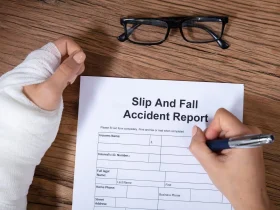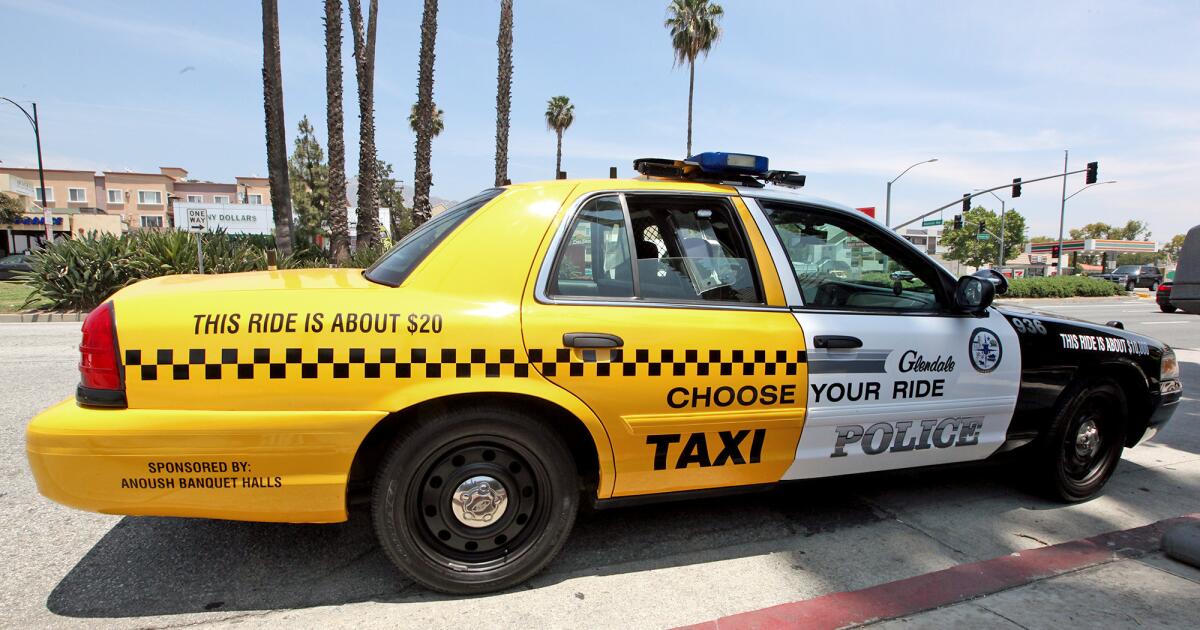Driving under the influence (DUI) and driving while intoxicated (DWI) are terms often used interchangeably, but in New York, they carry distinct meanings and legal consequences. Understanding these differences is crucial for anyone navigating the state’s strict traffic laws. Both offenses can lead to severe penalties, including fines, license suspension, and even jail time.
New York’s approach to DUI and DWI is unique, with specific criteria determining how each charge is applied. Factors like blood alcohol concentration (BAC) levels and the driver’s age or substance use play a significant role. Knowing the key distinctions can make a difference in legal outcomes and help individuals better understand their rights and responsibilities.
Understanding DUI and DWI Definitions Under New York Law
New York law categorizes DUI and DWI charges under the Vehicle and Traffic Law (VTL) to regulate impaired and intoxicated driving. While both address operating a vehicle under the influence, they differ in scope and application.
Driving While Intoxicated (DWI) applies to cases where a driver’s blood alcohol concentration (BAC) is 0.08% or higher. For commercial drivers, the threshold lowers to 0.04%. It often involves alcohol-related impairment.
Driving Under the Influence (DUI) isn’t a specific legal term used in New York statutes. Instead, DUI often serves as a general term referring to both DWI and related offenses impacting safe vehicle operation, such as driving under the influence of drugs, including marijuana or controlled substances.
Aggravated DWI escalates penalties when BAC is 0.18% or higher. Other factors, like having a passenger younger than 16, also increase severity under New York’s Leandra’s Law.
These distinctions are significant as each charge aligns with specific legal standards. Law firms like The Ahearne Law Firm, PLLC often help individuals navigate these complexities.
Legal Penalties Associated with DUI and DWI Convictions
New York imposes varying penalties for DUI and DWI convictions based on factors like the driver’s BAC level, prior offenses, and specific circumstances of the arrest. These penalties encompass fines, license revocation, and potential incarceration.
- Fines: DWI offenses generally carry fines ranging from $500 to $1,000 for a first offense. Aggravated DWI with a BAC of 0.18% or higher increases fines up to $2,500. DUI-related offenses involving drug impairment may result in similar fines.
- License Revocation: A first-time DWI conviction typically leads to a license revocation of at least six months. Aggravated DWI extends this period to one year. Drivers under 21 may face longer revocation periods under New York’s Zero Tolerance Law.
- Incarceration: For a first DWI offense, jail terms can range from up to one year for standard cases to up to four years with aggravating factors. Repeat offenders face harsher sentences, including potential felony charges for three or more DWI convictions within ten years.
- Additional Penalties: Mandated alcohol education programs, ignition interlock device installation, and community service are common supplementary penalties. Aggravated DWI charges, especially those involving Leandra’s Law, carry stricter requirements.
Legal representation impacts case outcomes significantly, helping individuals minimize sentencing severity. Law firms, including The Ahearne Law Firm PLLC, provide expertise in managing DUI vs DWI NY legal complexities.
How Blood Alcohol Content Affects Legal Charges
Blood Alcohol Content (BAC) is a critical factor in determining DUI and DWI charges in New York. BAC measures the percentage of alcohol in a driver’s bloodstream. Legal thresholds define the severity of charges and corresponding penalties.
- DWI Thresholds
A BAC of 0.08% or higher qualifies as Driving While Intoxicated (DWI) for standard drivers. For commercial drivers, the limit drops to 0.04%. These limits align with state regulations to ensure stricter accountability for drivers operating larger vehicles. - Aggravated DWI
Drivers face aggravated DWI charges with a BAC of 0.18% or higher. New York penalties for this offense include steeper fines, extended license revocation, and possible jail time. Having minors in the vehicle can compound charges under Leandra’s Law. - Impairment Below DWI Limits
Even with a BAC below 0.08%, drivers may face charges. Evidence of impairment, such as erratic driving or failed sobriety tests, can lead to Driving While Ability Impaired (DWAI) charges. - Zero Tolerance for Underage Drivers
For drivers under 21, New York applies a BAC limit of 0.02%. The stringent rule supports the state’s zero-tolerance policy against underage drinking and driving.
Legal charges depend on BAC levels and other contextual evidence. Law firms like The Ahearne Law Firm PLLC provide guidance to ensure drivers understand the implications of DUI vs DWI in NY, navigating complex cases effectively.
The Role of Legal Representation in Navigating Charges
Legal representation plays a significant role in managing DUI and DWI charges in New York. Attorneys provide critical expertise to evaluate the specifics of a case, including the evidence presented, blood alcohol content (BAC) levels, and procedural compliance by law enforcement. Effective legal counsel ensures that defendants understand the charges and potential penalties they face.
Skilled lawyers can identify procedural errors or violations of rights that may weaken the prosecution’s case. For example, officers may fail to administer BAC tests properly or lack probable cause for a traffic stop. These factors can lead to the dismissal or reduction of charges. In cases involving aggravated DWI or additional charges like Driving While Ability Impaired (DWAI), legal counsel becomes even more important due to the enhanced penalties.
Negotiation with prosecutors is another advantage of competent representation. Attorneys aim to secure plea bargains, reduce fines, or minimize incarceration periods based on the defendant’s history and case details. For instance, first-time offenders may qualify for alternative sentencing, such as alcohol education programs or community service.
The Ahearne Law Firm PLLC and similar firms specialize in navigating DUI vs DWI NY complexities, offering tailored strategies to achieve a favorable resolution. Their understanding of New York’s Vehicle and Traffic Law ensures comprehensive guidance, helping clients protect their rights and mitigate severe consequences.
Preventing DUI and DWI Incidents with Responsible Choices
Understanding the distinctions between DUI and DWI in New York is essential for making informed decisions and avoiding legal trouble. By prioritizing responsible choices, such as using designated drivers, rideshare services, or abstaining from impaired driving altogether, individuals can prevent dangerous situations and protect themselves and others on the road.
Awareness of legal thresholds and potential penalties further underscores the importance of safe driving habits. Taking proactive measures not only reduces the risk of accidents but also helps individuals avoid the serious consequences associated with DUI and DWI charges.








